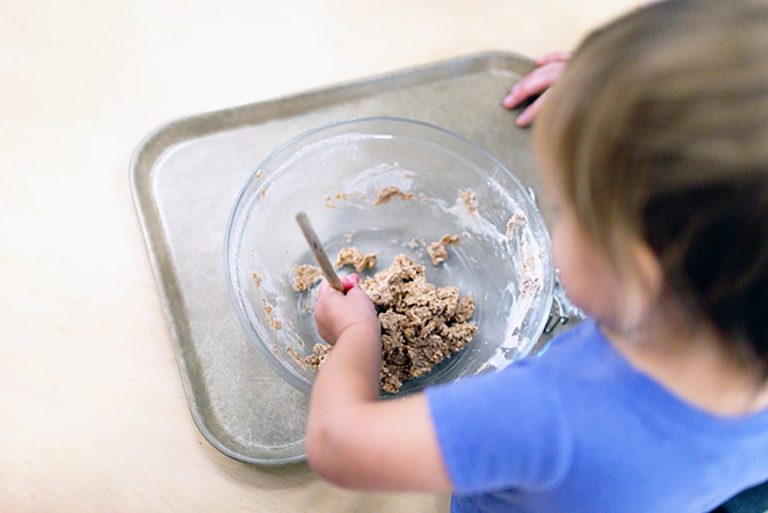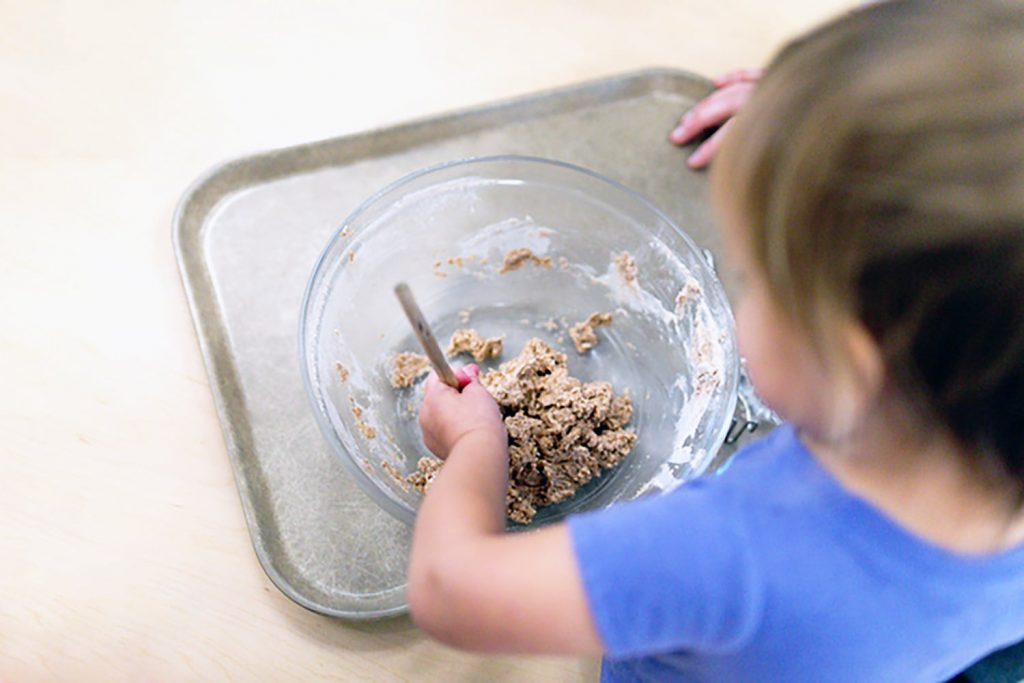
In 1898 Dr. Montessori started working at the Orthophrenic School at the University of Rome with children who were considered at the time “retarded, or insane”. Nowadays, we would probably characterize these children as autistic or with developmental delays. Let’s not forget that Dr. Montessori was first and foremost a physician, a medical doctor whose training was anchored in scientific methods. She followed this rigorous medical and scientific approach when developing her scientific pedagogy rather than following philosophical and intuitive explorations. She thoroughly studied the work of French doctors Jean-Marc-Gaspard Itard and Edouard Seguin, whose influence on modern special education is well recognized.
Here are three statistics from healthyplace.com:
- 1 in 5 children lives with learning disabilities or attention deficit.
- Dyslexia is the most common learning disability. 20% of children in special education are diagnosed with dyslexia.
- Boys make up about two-thirds of students identified with learning disabilities.
Last fall, I attended a course called Understanding Interventions & Therapies in a Montessori Setting from Montessori4Inclusion, under the umbrella of Montessori Medical Partnership 4 Inclusion. I cannot recommend this course enough. The instructors’ knowledge and experience made this three-part course an incredible experience and wonderful source of information. Catherine Massie and Michelle Lane-Barmapov are both Montessori trained in addition to having special education certifications. Barbara Luborsky is a certified Occupational Therapist.
One emphasis was on the importance of having a collaborative approach among caretakers (parents and others), school (teachers and administrators such as Head of School, Guidance Counselor, Curriculum Coordinator, etc.), medical and developmental professionals (developmental pediatrician, psychologist, speech or language pathologist, etc.) Of course, this is the ideal approach and the most comprehensive to examine the child’s development from all different angles. However, in my experience in small to medium sized private Montessori schools, this optimal vision is unfortunately very difficult to attain. Depending on the area where you are located, you may not have access to all practitioners, or it may be difficult to gather everyone around the same table (or Zoom call). Furthermore, it may also require that you inform them of what the Montessori approach is really like, rather than letting them operate on many false assumptions.
Montessori teachers need the support of their administrators to gain additional knowledge and skills on how to support children with exceptionalities. I was very surprised – and saddened, frankly – to learn from many course participants that their school was not paying for their course. They were financing it themselves. Schools have the ultimate responsibility to provide quality education for all students they serve, and when 1 out of 5 students statistically exhibits an exceptionality, we must ensure that teachers are proficient in meeting these children’s needs. When properly prepared and also staffed with knowledgeable and experienced teachers, the Montessori classroom can accommodate children with exceptionalities, from language-based to attention deficit to gifted and others. Dr. Montessori’s initial work should be embraced by our practitioners as long as administrators provide support and work from a collaborative approach.
Society needs to see individuals with exceptionalities with a different lens. Oftentimes we tend to punish these children and adults with neurological differences because of our lack of knowledge and understanding of their needs and uniqueness. We cannot forget these children, the very ones who were at the core of Dr. Montessori’s work, as we strive to make our society more inclusive for all. To that end, beyond our Montessori training, we need additional knowledge and skills, and the commitment of our school administrators to invest in the professional development of teachers.
